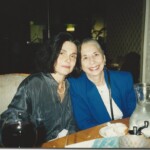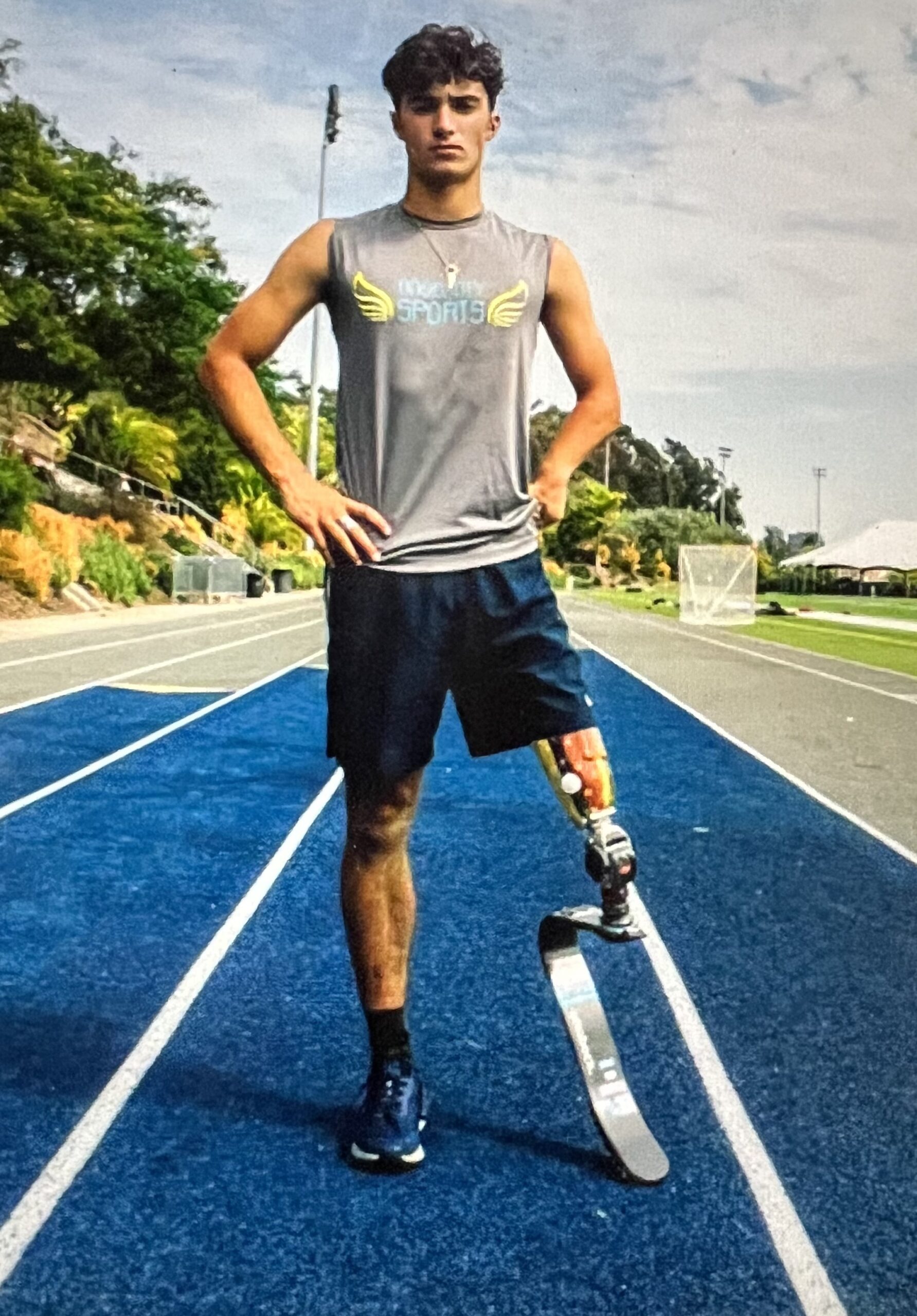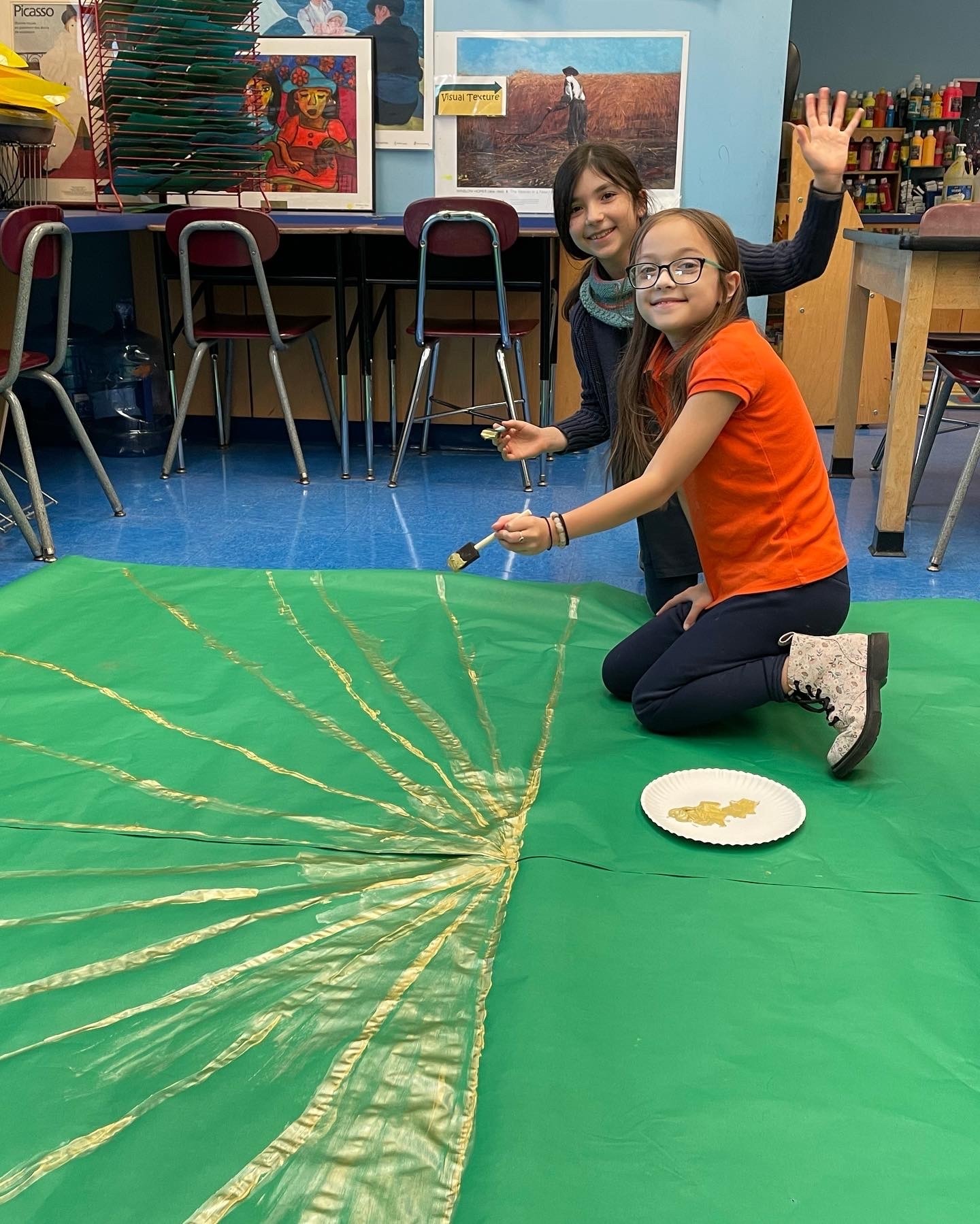Preface
1980
I could overhear my mom speaking to my grandma long distance on the phone. Although I couldn’t hear what my grandmother was saying to her, I could practically feel the stress in the air. After what felt like an eternity, my mom got off the phone. I wanted to rush in, but heard my dad walk into their bedroom and shut the door.
 That day I learned that my maternal grandmother, at the age of 60, had been informed she had breast cancer. It wasn’t like we could just rush over to go see her. We were living in Urbana, Illinois at the time, and my grandma Ruth lived with my grandfather Ozzie in Yonkers, just north of Manhattan in New York. As her chemotherapy treatment progressed, I would speak to her often on the phone when my parents were finished, and could hear from her voice that she was audibly exhausted. Back then, doctors believed that removal of both breasts was considered drastic and so instead, they removed only one, and followed it with treatments.
That day I learned that my maternal grandmother, at the age of 60, had been informed she had breast cancer. It wasn’t like we could just rush over to go see her. We were living in Urbana, Illinois at the time, and my grandma Ruth lived with my grandfather Ozzie in Yonkers, just north of Manhattan in New York. As her chemotherapy treatment progressed, I would speak to her often on the phone when my parents were finished, and could hear from her voice that she was audibly exhausted. Back then, doctors believed that removal of both breasts was considered drastic and so instead, they removed only one, and followed it with treatments.
Although it had been months and I hadn’t seen my grandmother since her ordeal began, I began to feel personally afraid. In the privacy of my own room, I put my finger on my chest, pressing hard to feel if there was a lump. The irony of this act does not escape me, given the fact that I was only eleven. My breasts would not develop for at least two years, but it made no difference. I was in great fear. So much so that on one particular day soon after they removed her breast, I came into my parents’ room, worrying about my own fate. I made it as far as the entryway to their bedroom door and, consumed with anxiety, I fainted onto the floor. “Meg, Meg, are you okay?” Once I had regained consciousness, I turned to my Mom. “Mom! Feel my chest! Do you think I have what grandma has too?”
If for no other reason than to relieve my anxiety, my mother made the effort to feel my flat chest. “That is simply your breastbone. You are fine. I promise,” my mom assured me. It was likely she assumed I feared getting sick….only that was not it. I was too young to fully appreciate the risks facing her mother. In fact, for that matter, I didn’t really understand what this or any type of long-term illness truly even meant. Instead, my fears were based on the risk of more physical imperfection. I loathed the thought of having to live my life having only one breast. “That would look so weird,” I thought to myself. Most importantly, what would people think of me?
 As Angelina Jolie made the very public announcement of her decision to have a double mastectomy after learning she had the BRCA1 gene (which significantly spikes her risk for breast and ovarian cancer), I couldn’t have been more impressed. Although Jolie and her husband, Brad Pitt, certainly live a very high profile, public life in almost every account, this experience was certainly a private affair. Jolie could have done her best to keep the news contained to her friends and family. But she wanted to do more. I wasn’t sure at first exactly what she wanted to accomplish, but then it hit me when I read the following quote from her: “I do not feel like any less of a woman. I feel empowered that I made a strong choice that in no way diminishes my femininity.” Jolie realized this was an opportunity to demonstrate to countless people faced with the same dilemma that her choice to remove her breasts in no way hindered her female experience.
As Angelina Jolie made the very public announcement of her decision to have a double mastectomy after learning she had the BRCA1 gene (which significantly spikes her risk for breast and ovarian cancer), I couldn’t have been more impressed. Although Jolie and her husband, Brad Pitt, certainly live a very high profile, public life in almost every account, this experience was certainly a private affair. Jolie could have done her best to keep the news contained to her friends and family. But she wanted to do more. I wasn’t sure at first exactly what she wanted to accomplish, but then it hit me when I read the following quote from her: “I do not feel like any less of a woman. I feel empowered that I made a strong choice that in no way diminishes my femininity.” Jolie realized this was an opportunity to demonstrate to countless people faced with the same dilemma that her choice to remove her breasts in no way hindered her female experience.
Jolie’s decision captivated me. It was, in my opinion, a courageous and selfless flaunt.
She had built a career at least in part on her physical beauty and was coming to terms with the fact that the public’s perception of her was going to change. So she took the initiative. This would be no easy feat for any one of us. However, for someone who has graced the People Magazine’s “Most Beautiful” list, the effort to dismantle an opinion that you are physically perfect is only magnified. As Maureen Dowd described in a NY Times piece earlier this month, “[Jolie’s] courage in going public with the graphic details of her mutilation and reconstruction, even though she’s part of an industry that considers a 10-pound weight gain a career catastrophe, makes her a real-life action heroine.”
Her decision to announce her ordeal publically was selfless because there was no personal gain. She simply said she was willing, in her own words, to “do anything to be with her own children as long as she could,” having seen her own mother lose a battle with ovarian cancer at the age of 56.
When I think about my own motivation for learning to flaunt my difference, it was, in the first instance, most definitely for personal gain. I wanted to live my life feeling better about myself. I want to feel proud about my package, imperfections included. After a period, and only once I began to feel better about myself, did I appreciate that there might be a wider audience who could benefit from my own life experience and overall message.
I certainly hope that others are benefiting. But for Jolie, I am in awe. She is the epitome of a courageous and selfless flaunter. How fitting that her name, translated from French means, “pretty.”
 Angelina Jolie, despite her new permanent physical imperfections, has never been more beautiful.
Angelina Jolie, despite her new permanent physical imperfections, has never been more beautiful.
Postscript
 This post is dedicated to the inspiring Lisa Schlager, Vice President of Community Affairs at FORCE, the only U.S. national non-profit, dedicated to improving the lives of individuals and families affected by hereditary breast and ovarian cancer. Read more about FORCE and Lisa, along with their amazing efforts here.
This post is dedicated to the inspiring Lisa Schlager, Vice President of Community Affairs at FORCE, the only U.S. national non-profit, dedicated to improving the lives of individuals and families affected by hereditary breast and ovarian cancer. Read more about FORCE and Lisa, along with their amazing efforts here.




